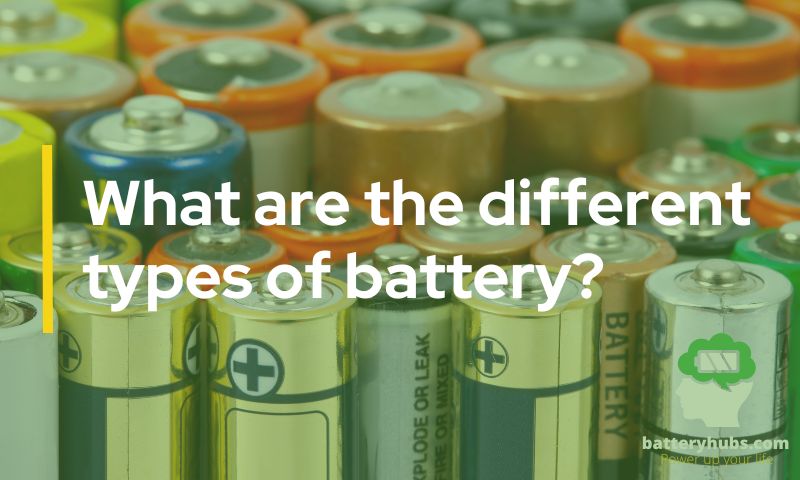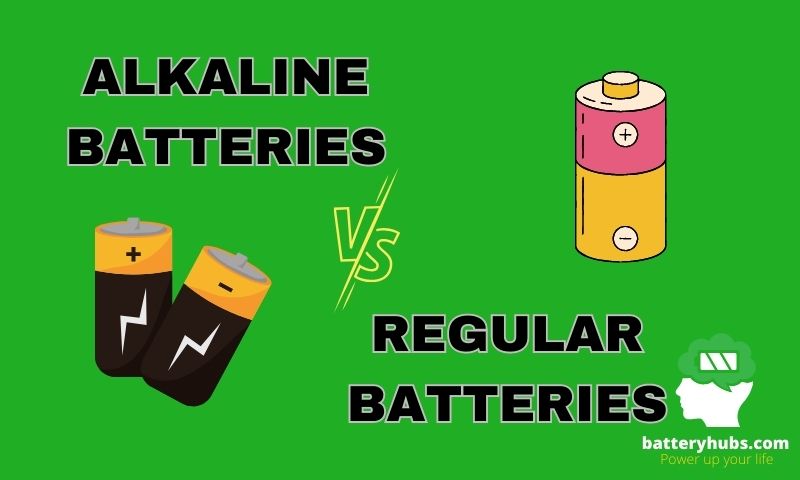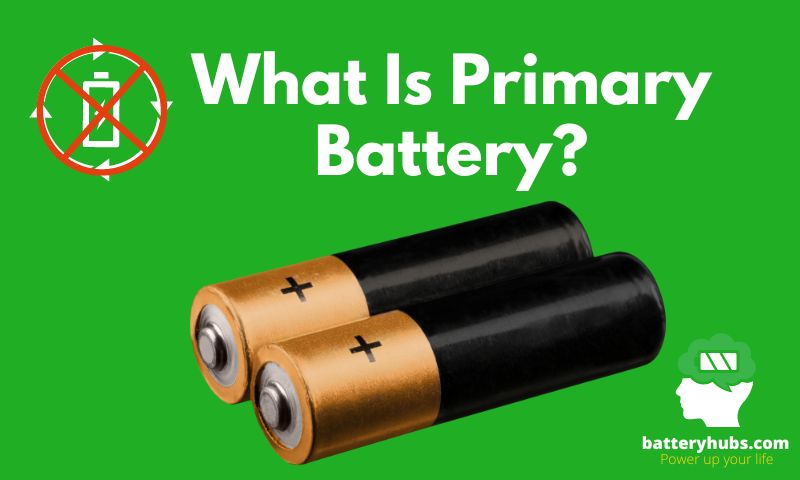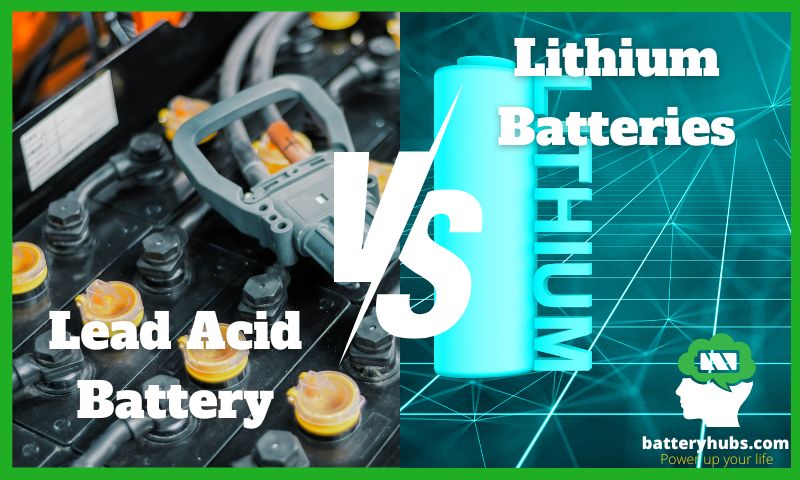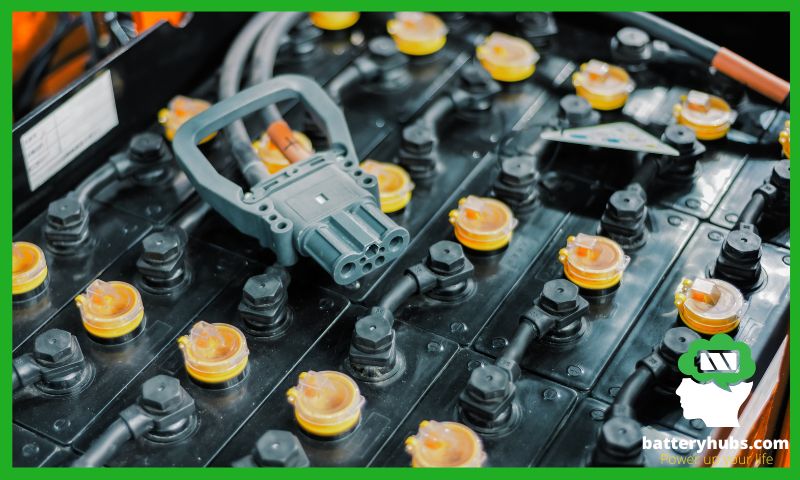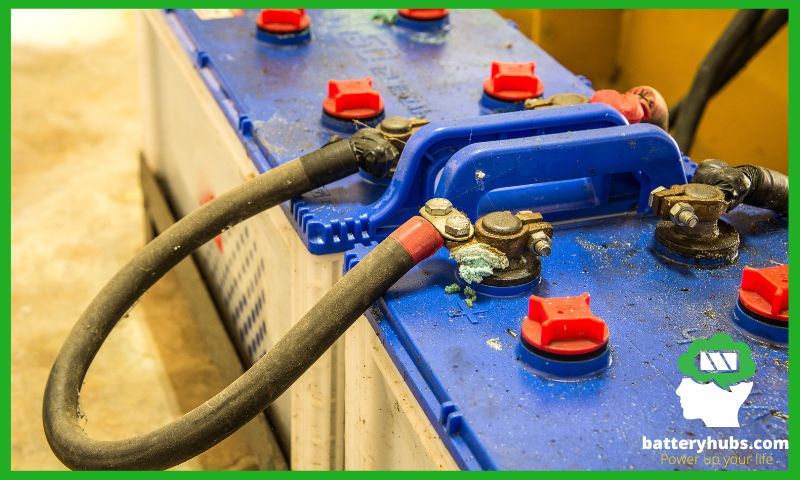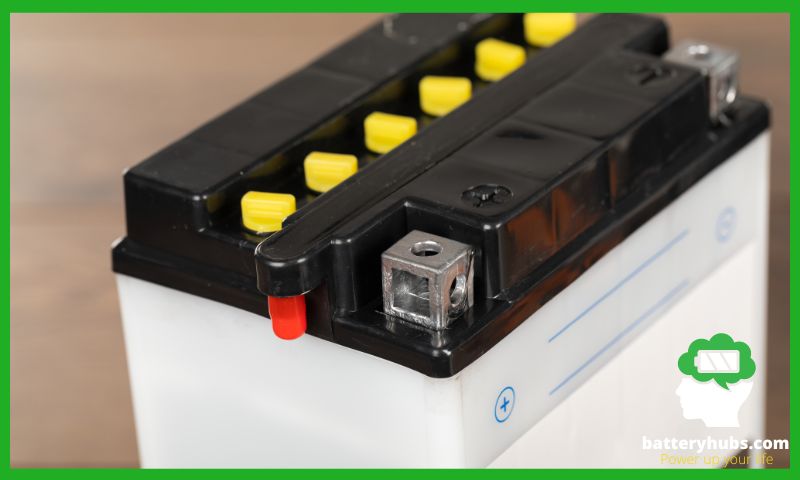What are the different types of battery?
The different types of batteries are primary and secondary. Primary batteries are disposable and not rechargeable, while secondary batteries can be recharged and used multiple times. Primary batteries are available…
Primary Battery
How long does a zinc air battery last?
I’m thrilled you’ve joined me on this electrifying journey exploring the intriguing world of batteries. You know, over the years, I’ve had the pleasure of delving deep into the heart…
Which Battery is Alkaline?
An alkaline battery is a type of disposable battery with a chemically alkaline electrolyte, typically potassium hydroxide. Common examples include AA, AAA, C, D, and 9V batteries. Popular brands like…
What are the advantages and disadvantages of an alkaline battery?
Alkaline batteries offer advantages such as high energy density, longer lifespan, safety, low environmental risks, and compatibility with many devices. However, they have disadvantages like being bulkier, having high internal…
Which is better alkaline or non-alkaline batteries?
Alkaline batteries are generally better due to their higher energy density, longer shelf life, and better leakage resistance. They’re ideal for high-drain devices like cameras and toys. Non-alkaline (zinc) batteries…
Can we recharge alkaline battery?
Yes, it is possible to recharge alkaline batteries, but not recommended. Alkaline batteries are primarily designed for single use. Recharging them may lead to reduced performance, leakage, or rupture. Rechargeable…
What is alkaline battery used for?
Alkaline batteries are widely used in industrial and military applications, powering devices like smoke alarms, portable transmitters, scanners, digital voltmeters, door locks, remote controls, and laser pointers. In military settings,…
What is the difference between alkaline batteries and regular batteries?
Alkaline batteries have a higher energy density, longer shelf life, and better performance in high-drain devices, while regular (zinc) batteries are more affordable and suitable for low-drain devices. The main…
What is alkaline battery?
An alkaline battery is a type of disposable battery that uses a chemical reaction between zinc, manganese dioxide, and potassium hydroxide to produce an electric current. Alkaline batteries are available…
What is primary battery?
A primary battery is a type of battery that is non-rechargeable. Once its chemical energy is used up, it can’t be restored. Common types include alkaline batteries (AA, AAA, etc.)…
What is a silver oxide battery used for?
A silver oxide battery is a primary cell with high energy density, used mainly in portable electronics like watches, hearing aids, and medical devices. It offers stable voltage output, and…
Secondary Battery
What is a lead-acid battery used for?
A lead-acid battery is commonly used for starting, lighting, and ignition purposes in automobiles. It is also used in backup power supplies for uninterruptible power systems (UPS), as well as…
Why is it called lead-acid battery?
The term “Lead-Acid Battery” stems from its composition. This type of battery utilizes lead plates and sulfuric acid to create a chemical reaction, generating electricity. The acid acts as an…
What is the difference between lead acid and lithium batteries?
Lead Acid batteries are cheaper but heavier, with lower energy density and shorter lifespan. They require regular maintenance. Lithium batteries, however, are more expensive but lighter, with high energy density…
What are the 3 types of lead acid batteries?
There are three main types of lead-acid batteries. The first is the Flooded (Wet Cell) Lead Acid Battery, which requires regular maintenance and is commonly used in cars and UPS…
Why lead acid battery is better?
Lead-acid batteries are favored for their affordability, robustness, and high surge currents. Despite lower energy-to-weight ratios than other types, they are highly reliable and recyclable. Their ability to deliver high…
What is the disadvantage of lead-acid battery?
Lead-acid batteries, while common, have notable drawbacks. They’re heavy due to lead density, limiting efficiency with a low energy-to-weight ratio. They risk sulfation if not maintained, shortening their lifespan. They…
What is secondary battery?
A secondary battery, also known as a rechargeable battery, is an energy storage device that can be recharged and reused multiple times. It converts chemical energy into electrical energy through…

